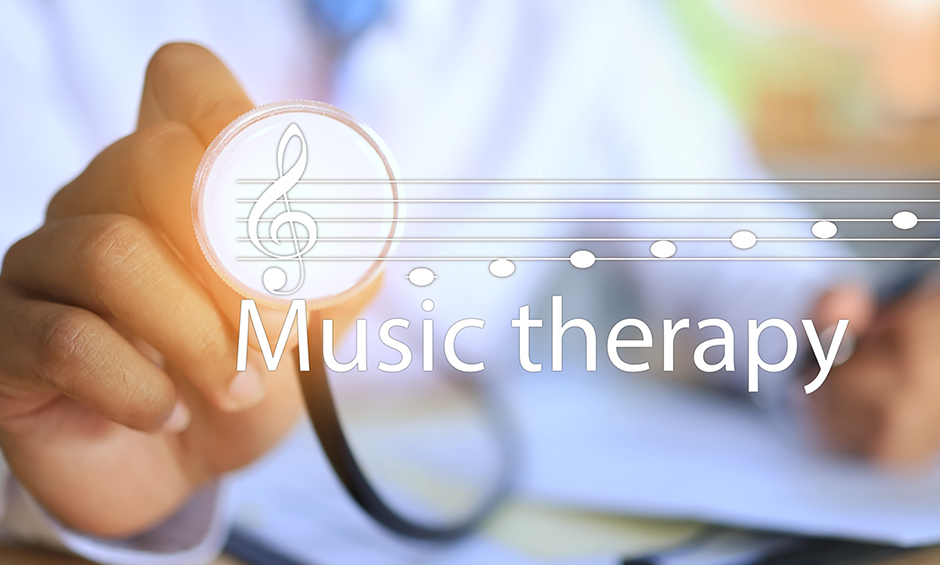About 55 million people in the world live with dementia.1 “Dementia is a general term for loss of memory, language, problem-solving and other thinking abilities that are severe enough to interfere with daily life,” according to the Alzheimer’s Association.2 Clinical treatments for dementia include pharmacologic and non-pharmacologic approaches.3 Examples of such nondrug interventions include music therapy, occupational therapy, and environmental changes.3 Various benefits from music therapy have been recognized in the treatment of dementia and other health conditions.
The American Music Therapy Association defines music therapy as, “the clinical and evidence-based use of music interventions to accomplish individualized goals within a therapeutic relationship by a credentialed professional…”4 Research shows that this therapy can help people in many ways with emotional, physical, cognitive, and social issues. People of any age can partake in music therapy. Proven health benefits include lower blood pressure, memory improvement, and pain management.5
A 2018 Cochrane Library review by van der Steen, et al. summarizes the effects of music-based therapeutic interventions for people with dementia in studies with at least 4 weeks post-treatment follow-up.6 This review comprises over twenty studies involving nearly 900 randomized dementia participants in nursing homes or hospitals undergoing a minimum of five music therapy sessions. The studies chosen include music therapy sessions with individual and group participation. Music therapy, in their assessment, helps with lessening depressive and overall behavioral issues in participants with dementia, but not agitated or aggressive behaviors. Additionally, their results find “low-quality evidence” indicating benefits with regard to anxiety or general well-being.6
Despite the variability in music therapy outcomes, it remains a viable option when treating certain health conditions. Any improvement in dementia symptoms, especially depression, would enhance a person’s quality of life. For a loved one living with dementia, the low cost, easy access, and the option of a certified music therapist, may work a little musical magic.

